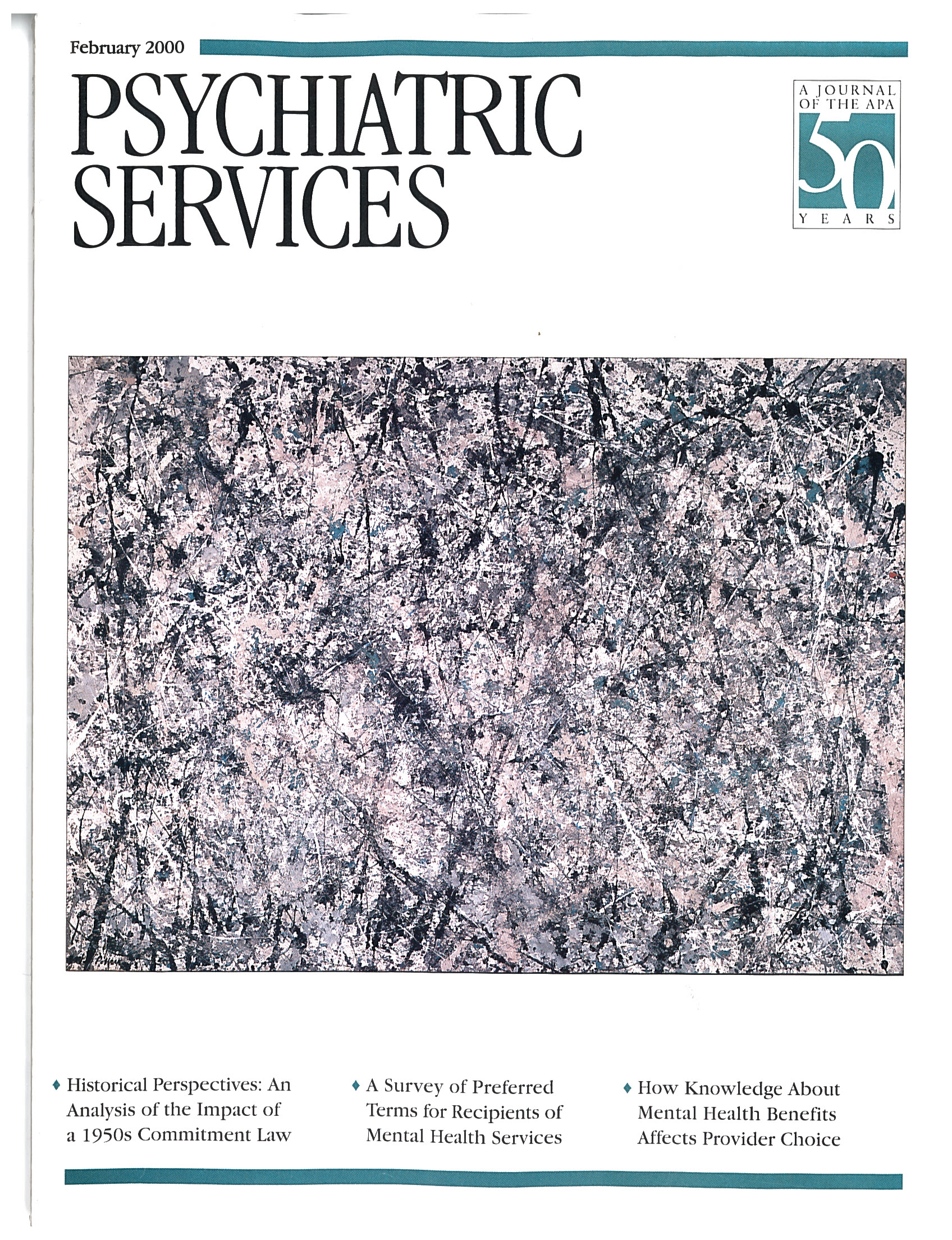Small-Town Psychiatry
To the Editor: The article entitled "Maintaining Treatment Boundaries in Small Communities and Rural Areas" by Simon and Williams (1) in the November 1999 issue was of great interest to me. I was a pioneer of small-town psychiatry when I started practicing in a Florida town of 7,000 people in 1956, later moving to a town of 15,000 in 1963. Because I was trained under the influence of the analytic traditions in the 1950s—traditions that developed in the anonymity of large Eastern and European cities—I was ill prepared for the problems that arose. I survived with a large dose of common sense and developed my own standards quite parallel to those proposed in the article.
I had to cope with the suicide of a patient whose wife was an employee of a hospital where I worked, who socialized in the same crowd, and whose children were playmates of my children. I had to learn that hugging is part of social contact in Southern society, and I hugged some very tough-looking combat veterans once I learned that it was expected of those whom they trusted enough to not fear a knife in the back. I also learned that patients expected me to communicate with their family doctors—not about intimate details, but about diagnosis and management—and that confidentiality was sometimes less of an issue than I had expected, in a town where everybody knew everybody anyway. It was not unusual for a patient to shout at me across the supermarket to report his response to a new medication.
It is gratifying to see recognition in print that small-town practice must operate by different standards but must nevertheless have standards where barrier issues are concerned.
Dr. Henderson, now retired, was in private practice in Ocala, Florida.
1. Simon RI, Williams IC: Maintaining treatment boundaries in small communities and rural areas. Psychiatric Services 50:1440-1446, 1999Link, Google Scholar



